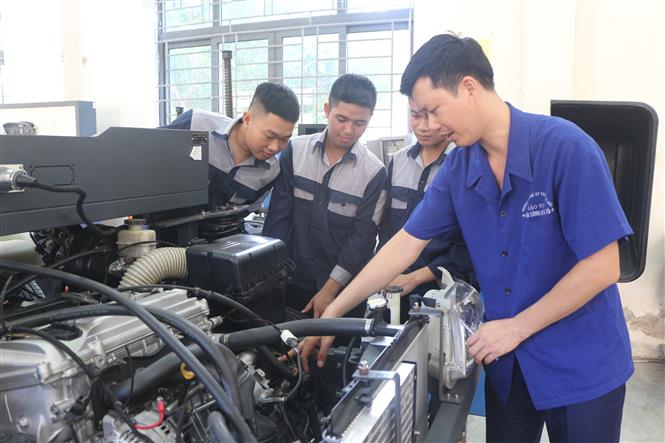 Practice hours of students of the Faculty of Automotive Technology at Viet Duc College, Nghe An. Photo: Bich Hue/VNA[/caption] With Vietnam increasingly participating in new-generation free trade agreements, domestic enterprises need to develop solutions to increase compliance with international labor standards to participate in the global supply chain and promote sustainable exports. Vietnam has participated in and negotiated 17 Free Trade Agreements (FTAs), of which four are classified as "new generation" and contain labor commitments, including the FTA between Vietnam and the Eurasian Economic Union (VN-EAEU FTA), the Comprehensive and Progressive Agreement for Trans-Pacific Partnership (CPTPP), the FTA between the EU and Vietnam (EVFTA) and the FTA between Vietnam and the United Kingdom of Great Britain and Northern Ireland (UKVFTA). Deputy Director of the Central Institute for Economic Management (CIEM), Dang Duc Anh, said that FTAs help Vietnamese exports enjoy preferential tariffs when imported into more than 50 markets, including most of the country's major trading partners, accounting for more than 70% of the country's total export revenue. Duc Anh said that although they bring opportunities to increase trade exchanges, new-generation FTAs pay special attention to sustainable development goals, including labor standards. Nguyen Minh Thao, Head of the CIEM's Business Environment and Competitiveness Research Department, said that labor commitments in FTAs are different, but Vietnamese enterprises are facing pressure to comply with these regulations. "In order to participate in the global supply chain, Vietnamese enterprises must demonstrate compliance with sustainable development standards, including international labor standards," Thao said. Ms. Thao added that in addition to compliance pressure, the need for sustainable development is pushing businesses to increase their competitiveness to have the opportunity to participate in the global supply chain. Ms. Tran Thi Hong Lien from the Vietnam Chamber of Commerce and Industry said that compliance with international legal regulations is the responsibility and obligation of businesses. Ms. Lien said that Vietnam's labor regulations are being improved to approach international commitments and requirements of FTAs, and compliance with international labor standards also helps strengthen the position of businesses when exporting because international partners are paying attention to this issue. General Secretary of the Vietnam Leather, Footwear and Handbag Association, Phan Thi Thanh Xuan, said that compliance with international standards may not be a big problem for large enterprises or foreign-invested enterprises, but it will be a problem for small and medium-sized enterprises that need support and advice. From a global economic perspective, Nguyen Dinh Cung, former director of CIEM, said that the figure of 75 percent of export value belonging to foreign-invested enterprises shows that the FDI sector is taking advantage of opportunities from FTAs better than domestic enterprises. According to Cung, the limitations of domestic enterprises are limited capacity and lack of market information. He emphasized the need to establish a team of experts to support enterprises and help them comply with international requirements. In addition, enterprises that have been inspected by partners on labor standards should not have to undergo similar inspections from management agencies, Cung said./.
Practice hours of students of the Faculty of Automotive Technology at Viet Duc College, Nghe An. Photo: Bich Hue/VNA[/caption] With Vietnam increasingly participating in new-generation free trade agreements, domestic enterprises need to develop solutions to increase compliance with international labor standards to participate in the global supply chain and promote sustainable exports. Vietnam has participated in and negotiated 17 Free Trade Agreements (FTAs), of which four are classified as "new generation" and contain labor commitments, including the FTA between Vietnam and the Eurasian Economic Union (VN-EAEU FTA), the Comprehensive and Progressive Agreement for Trans-Pacific Partnership (CPTPP), the FTA between the EU and Vietnam (EVFTA) and the FTA between Vietnam and the United Kingdom of Great Britain and Northern Ireland (UKVFTA). Deputy Director of the Central Institute for Economic Management (CIEM), Dang Duc Anh, said that FTAs help Vietnamese exports enjoy preferential tariffs when imported into more than 50 markets, including most of the country's major trading partners, accounting for more than 70% of the country's total export revenue. Duc Anh said that although they bring opportunities to increase trade exchanges, new-generation FTAs pay special attention to sustainable development goals, including labor standards. Nguyen Minh Thao, Head of the CIEM's Business Environment and Competitiveness Research Department, said that labor commitments in FTAs are different, but Vietnamese enterprises are facing pressure to comply with these regulations. "In order to participate in the global supply chain, Vietnamese enterprises must demonstrate compliance with sustainable development standards, including international labor standards," Thao said. Ms. Thao added that in addition to compliance pressure, the need for sustainable development is pushing businesses to increase their competitiveness to have the opportunity to participate in the global supply chain. Ms. Tran Thi Hong Lien from the Vietnam Chamber of Commerce and Industry said that compliance with international legal regulations is the responsibility and obligation of businesses. Ms. Lien said that Vietnam's labor regulations are being improved to approach international commitments and requirements of FTAs, and compliance with international labor standards also helps strengthen the position of businesses when exporting because international partners are paying attention to this issue. General Secretary of the Vietnam Leather, Footwear and Handbag Association, Phan Thi Thanh Xuan, said that compliance with international standards may not be a big problem for large enterprises or foreign-invested enterprises, but it will be a problem for small and medium-sized enterprises that need support and advice. From a global economic perspective, Nguyen Dinh Cung, former director of CIEM, said that the figure of 75 percent of export value belonging to foreign-invested enterprises shows that the FDI sector is taking advantage of opportunities from FTAs better than domestic enterprises. According to Cung, the limitations of domestic enterprises are limited capacity and lack of market information. He emphasized the need to establish a team of experts to support enterprises and help them comply with international requirements. In addition, enterprises that have been inspected by partners on labor standards should not have to undergo similar inspections from management agencies, Cung said./.Mai Linh






























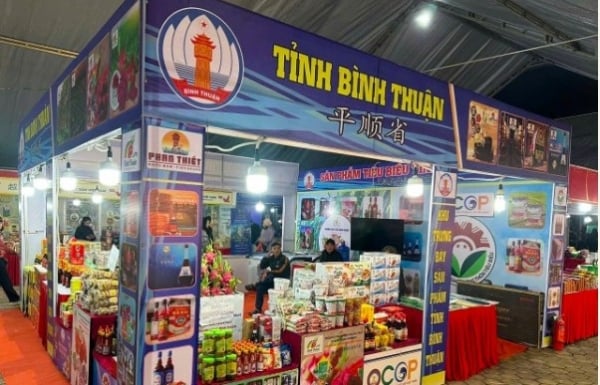




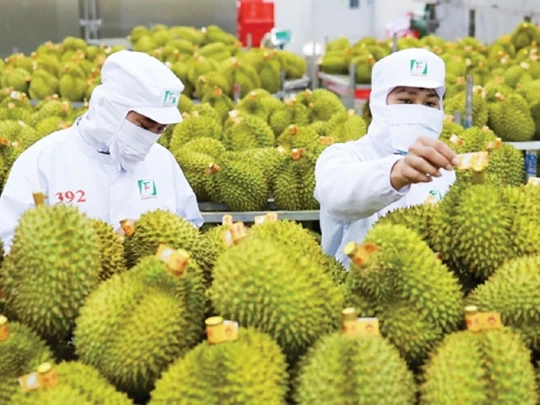

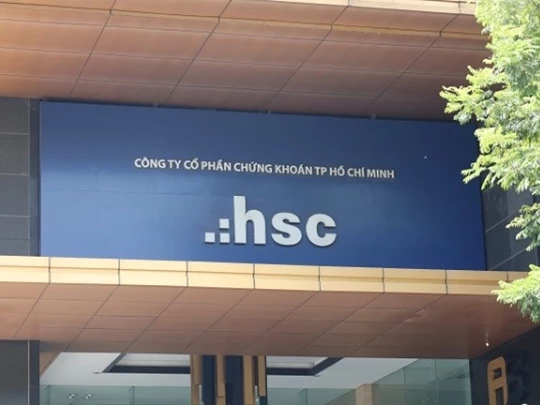
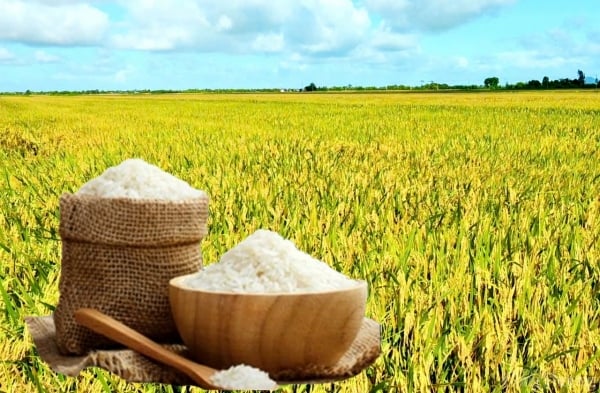
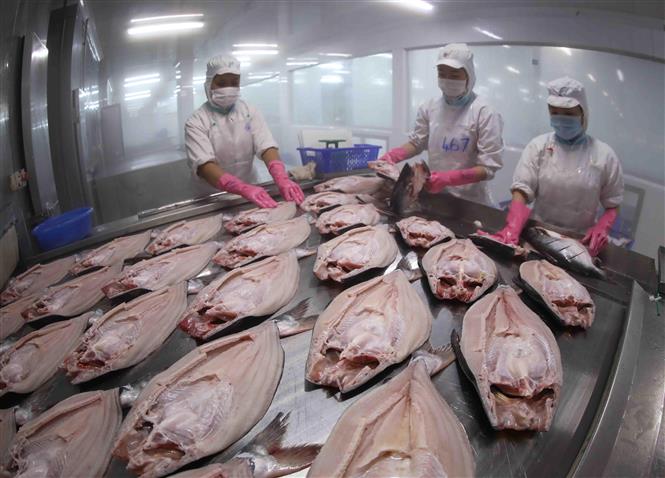
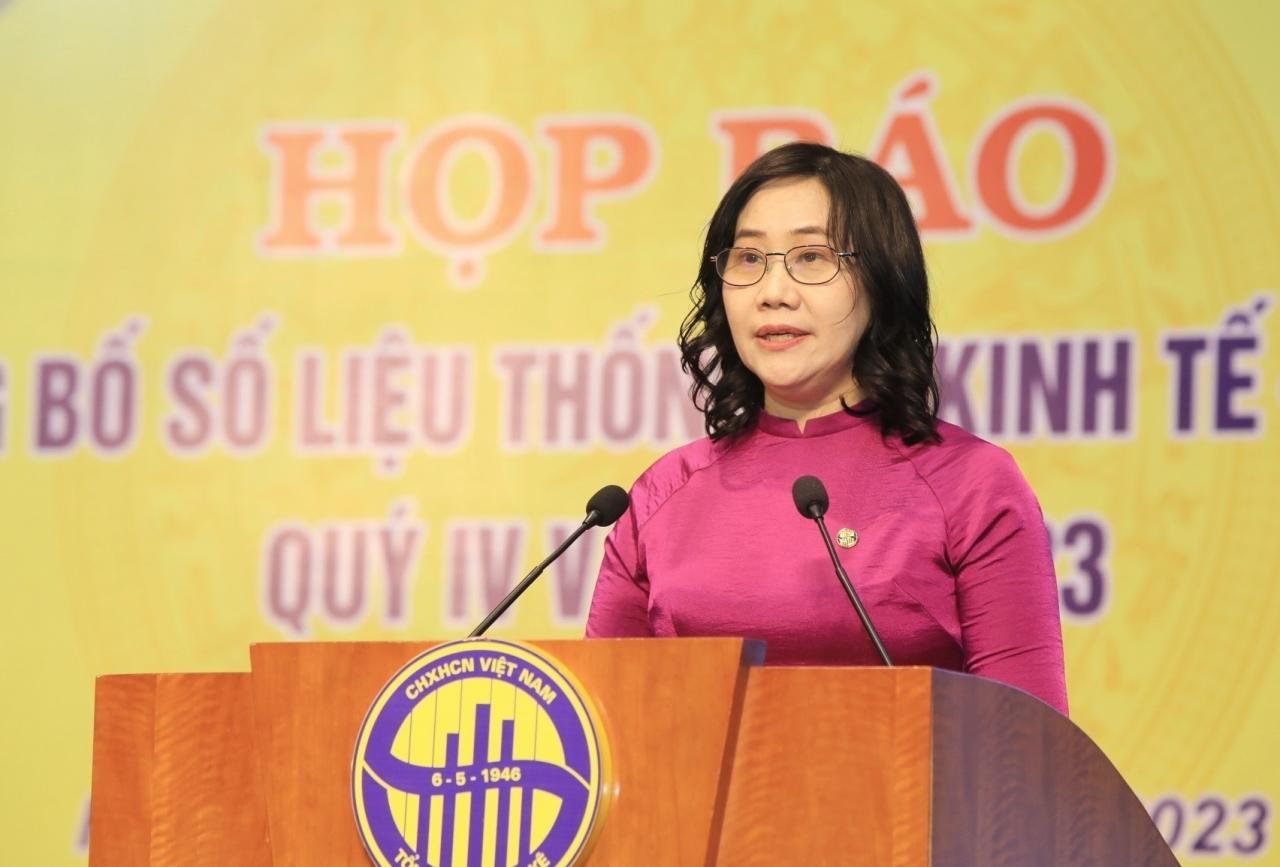
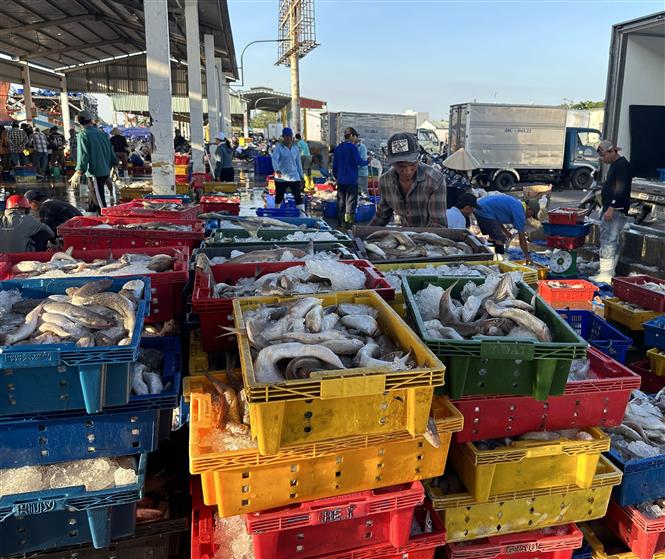
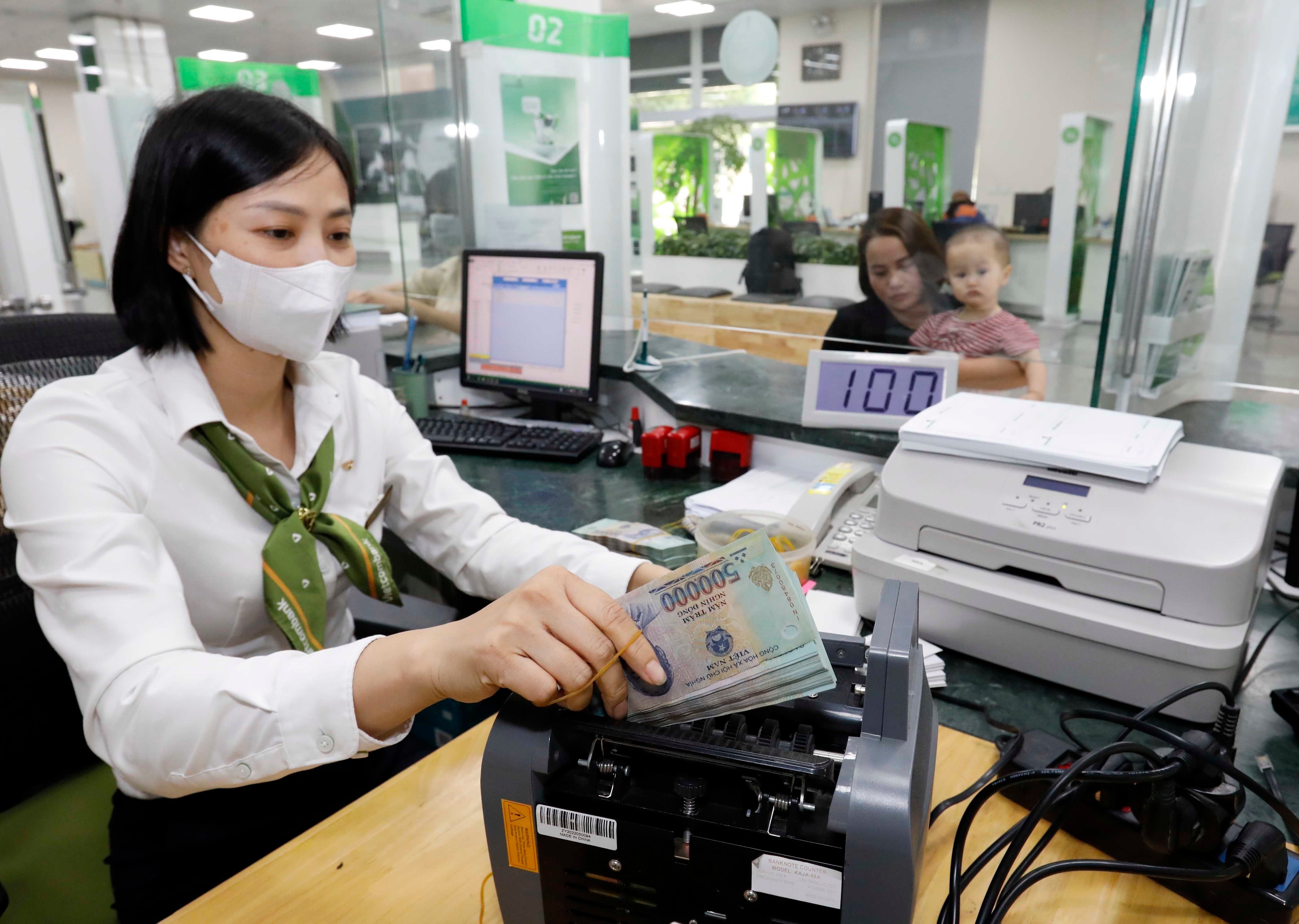
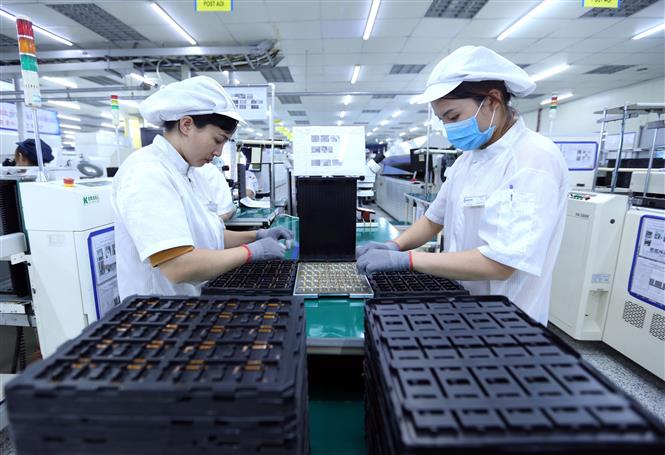
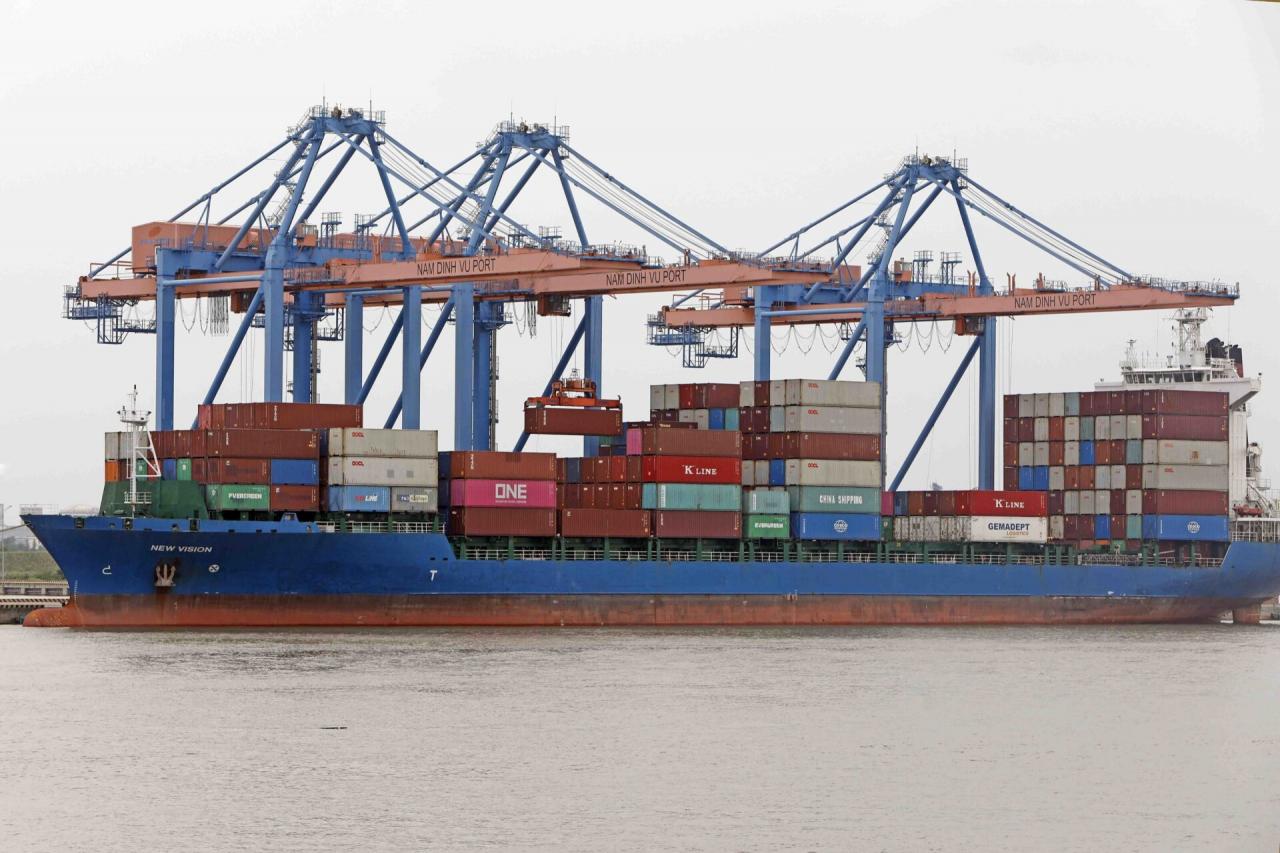





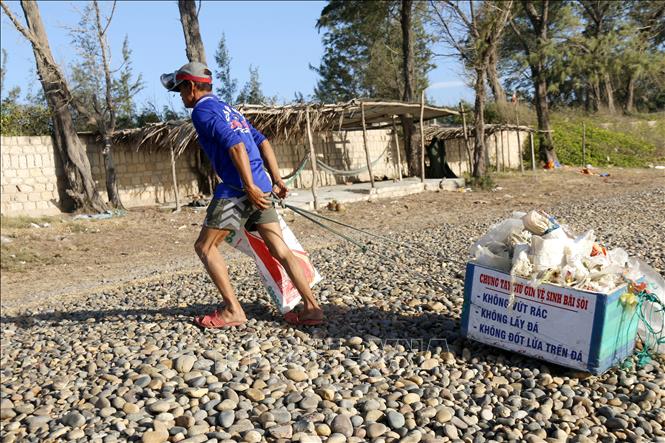


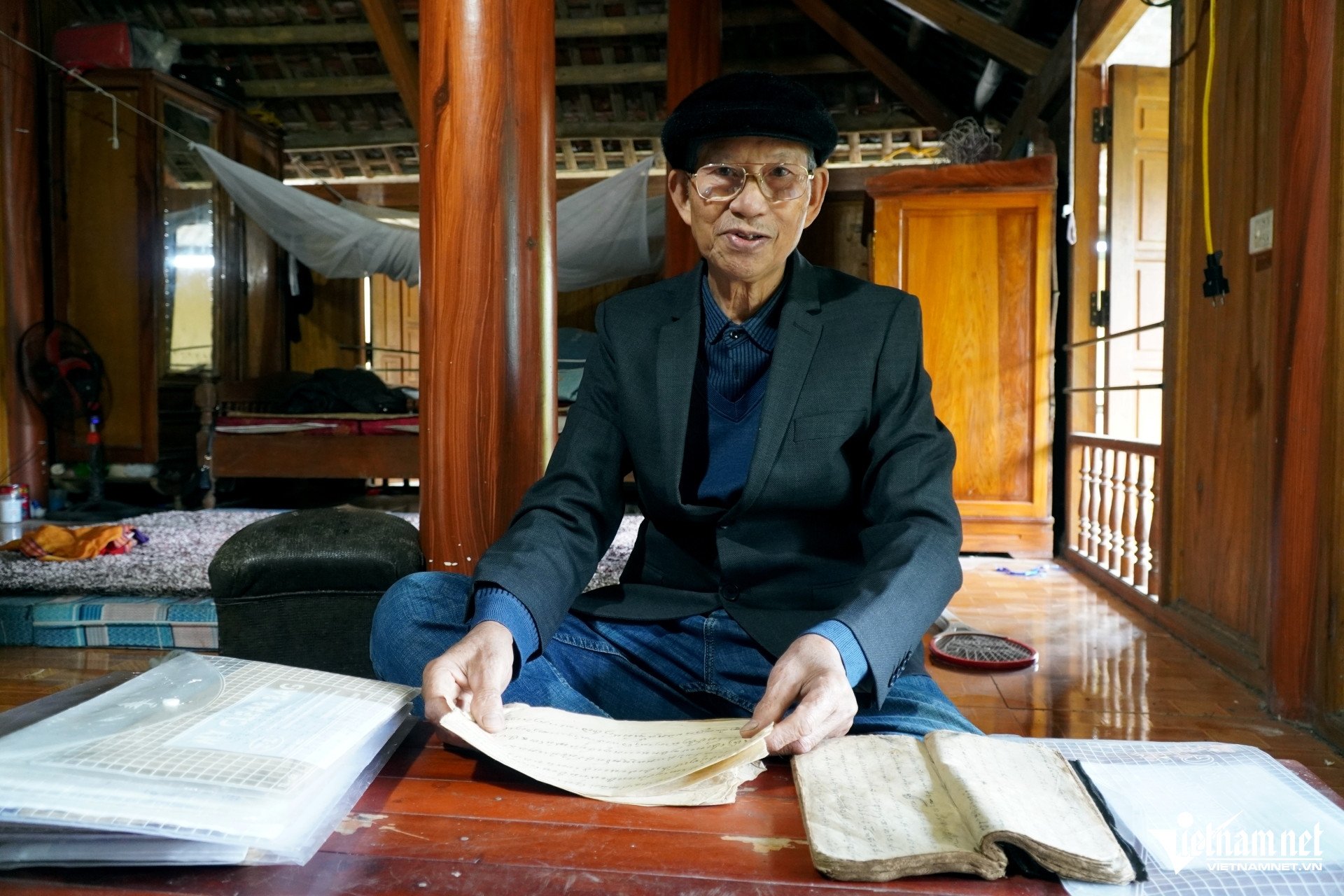



Comment (0)